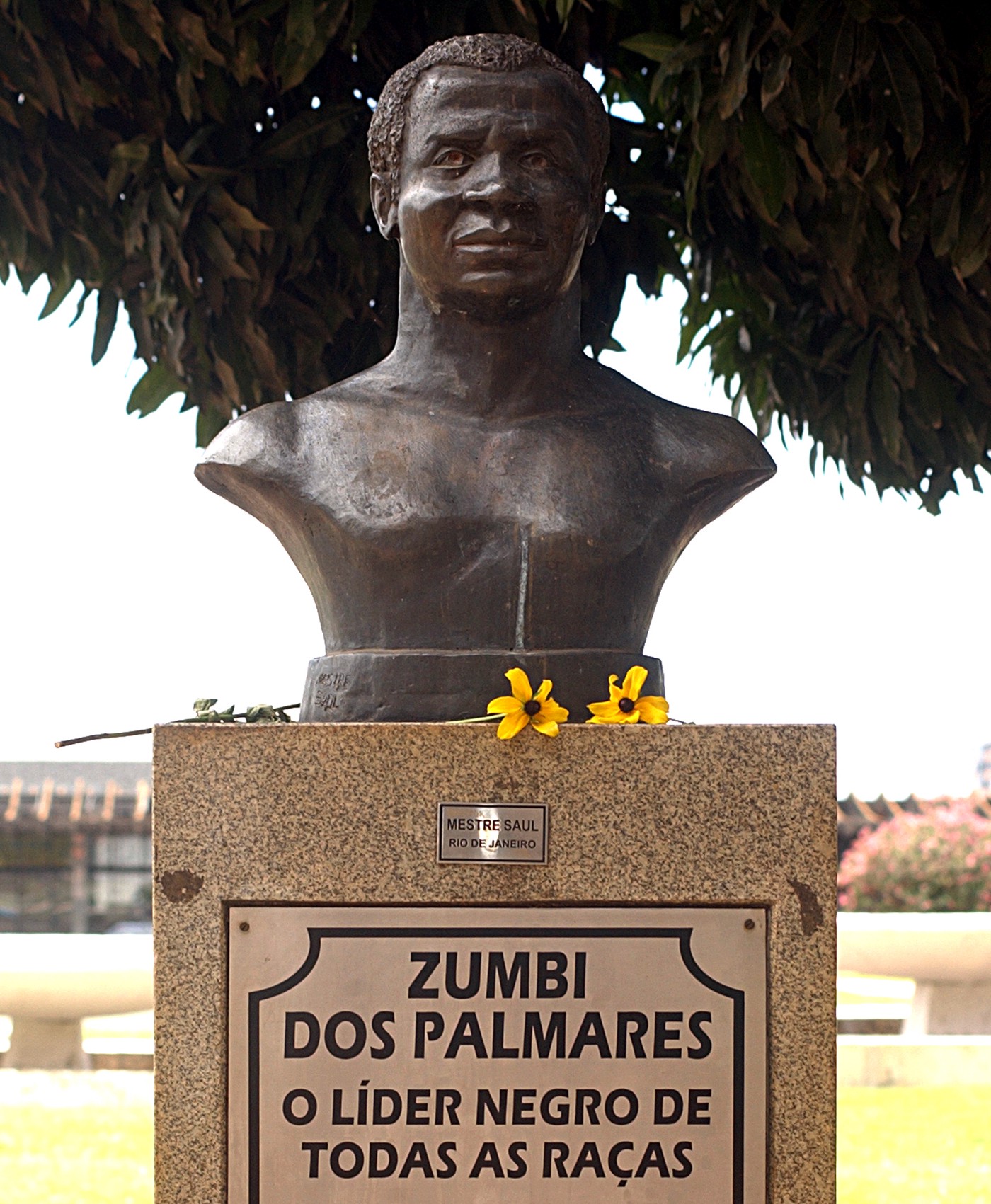On November 20, 1695, the townspeople of Quilombo dos Palmares observed as Portuguese soldiers attached the severed head of Zumbi, the last Warrior king of Palmares, onto a stake right in the middle of the central plaza.
Palmares, then a city of runaway slaves, was home to about twenty thousand mixed ancestry settlers, free blacks, and Indians who repelled the constant assaults by the Portuguese for almost a century. And as Zumbi’s popularity grew, they all had more confidence to stand and fight.
Fugitive slaves represented a threat to Portuguese colonial rule. First, the runaway slaves lived communally, practicing subsistence agriculture, communal land ownership, and trade. They would also raid the settlers’ sugar mills and plantations to supplement their supplies.
Secondly, the Palmares community consisted of cultures with different beliefs and cultures from indigenous people, Bantu from central Africa, and catholic traditions. This amalgamation of different cultures meant they could borrow ideas and cultural practices, slowly evolving into one organized Palmares community.
As Zumbi organized his army of fugitive slaves, the ripple effects could be felt on the already fragile colonial ambitions of the Portuguese, fueling their frustrations and prompting them to fight back.
Though weak, the Portuguese went on the offensive against the Quilombo. They began a hunt for Zumbi in 1693, armed with an arsenal of weaponry, an influx of capital, and an army of mercenaries. And two years later, in 1685, they captured and executed Zumbi.
While the Portuguese defeated Zumbi’s guerillas, stories of Palmares seemed to fan the flames of resistance against slavery and military rule, racism, and capitalism, especially in the future generations. It also shaped the culture and Brazilian politics significantly.

